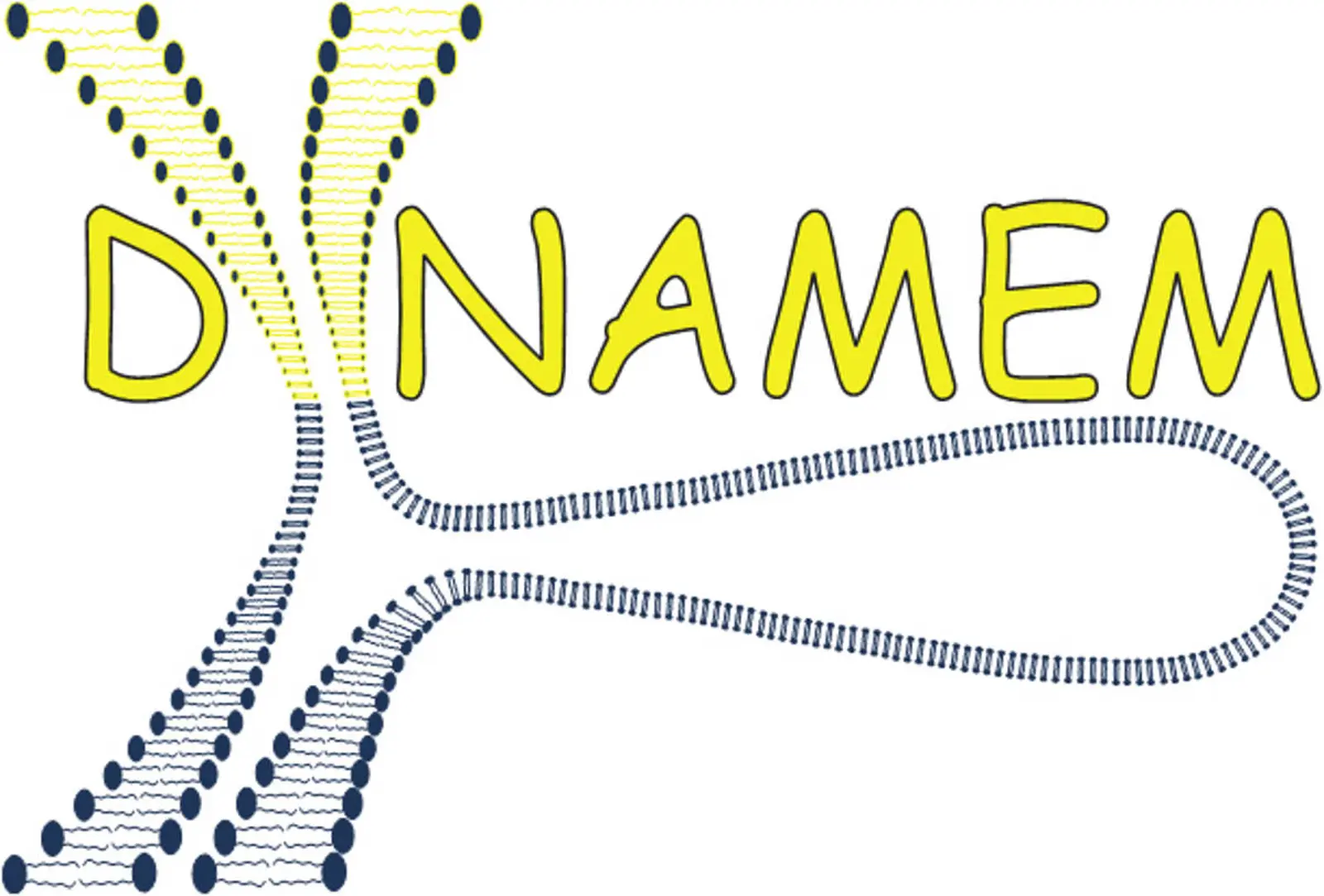
Chemical Biology
Membranes – The Place2Be
Cell membranes are complex multi-component systems, having a highly heterogenic lipid and protein composition as well as distribution. Membrane organization and compartmentalization are fundamental biological processes involved in the shaping and structuring of the cell including endo-/exocytosis, the fenestration of the Golgi, tubulation of the ER or HIV viral budding. The regulation of membrane structure and function arises from the interplay between protein-protein, protein-lipid and peptide-lipid interactions as well as the components capacity to self-assemble. A major problem in studying membrane-associated processes is the lack of specific tools to precisely manipulate, modulate or probe membrane function in living systems.
Our broad aims are directed to the design and generation of molecular tools to address questions in membrane biology as well as to test our tools in in vitro model systems. Ultimately, we aim to employ our tools to exert control of membrane organization and compartmentalization and thus to direct the functional outcome in live cells in order to gain deeper knowledge of the complex orchestration in membranes at the molecular level.
Contact:
Dr. Ralph Wieneke
Institute of Biochemistry,
Biocenter N220/1.04
Goethe-University Frankfurt
Max-von-Laue-Str. 9
D-60438 Frankfurt/M., Germany
Phone: +49-(0)-69 - 798 29477
Email: wieneke@em.uni-frankfurt.de



